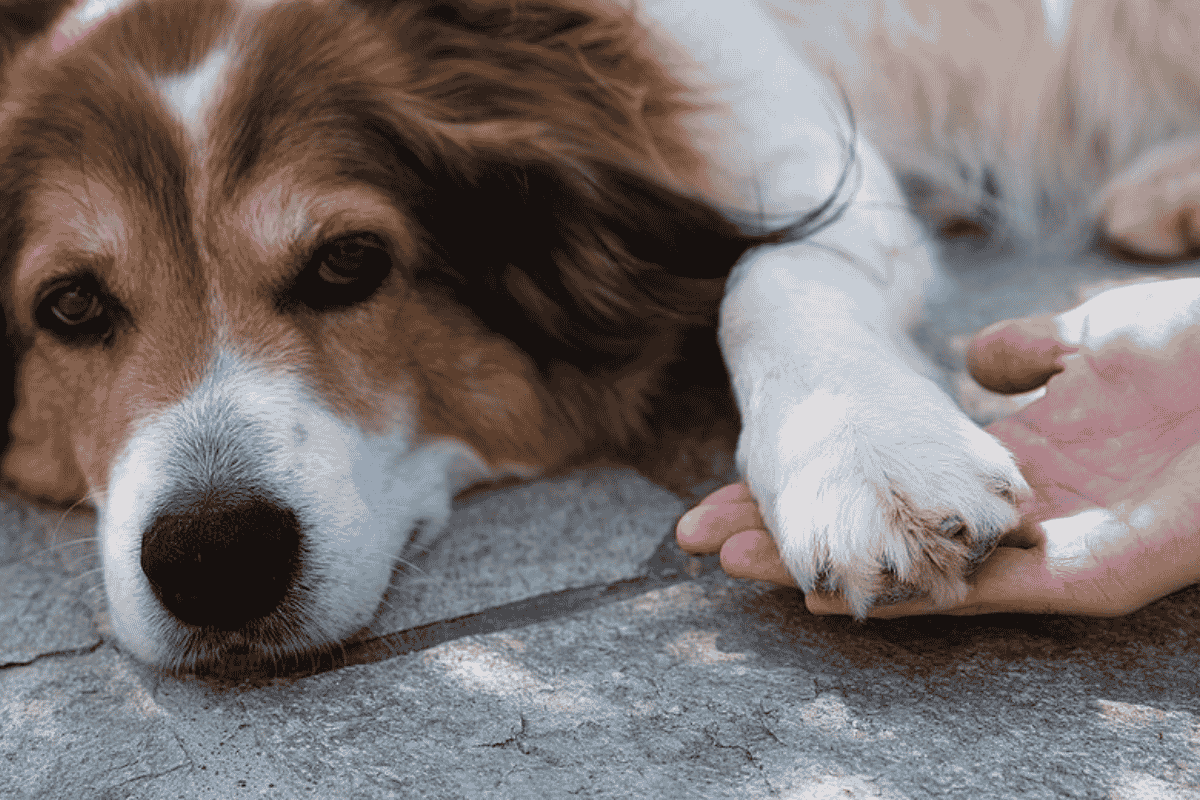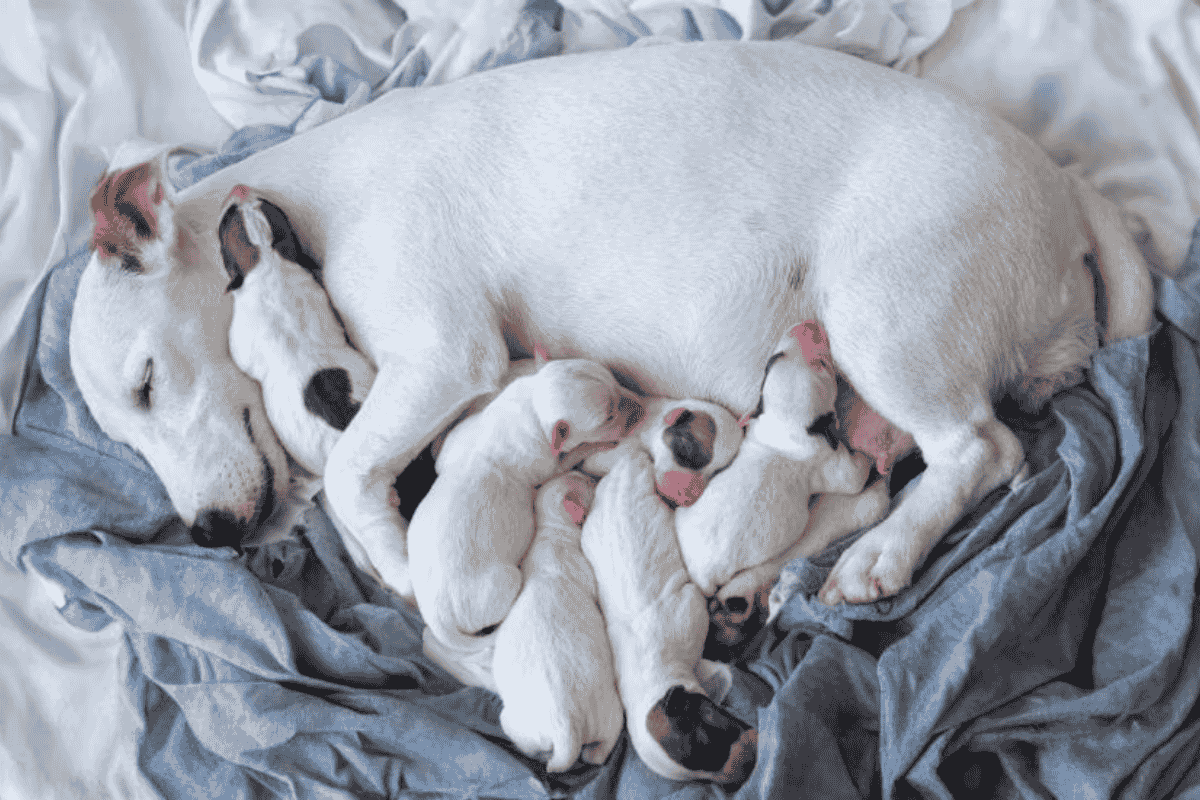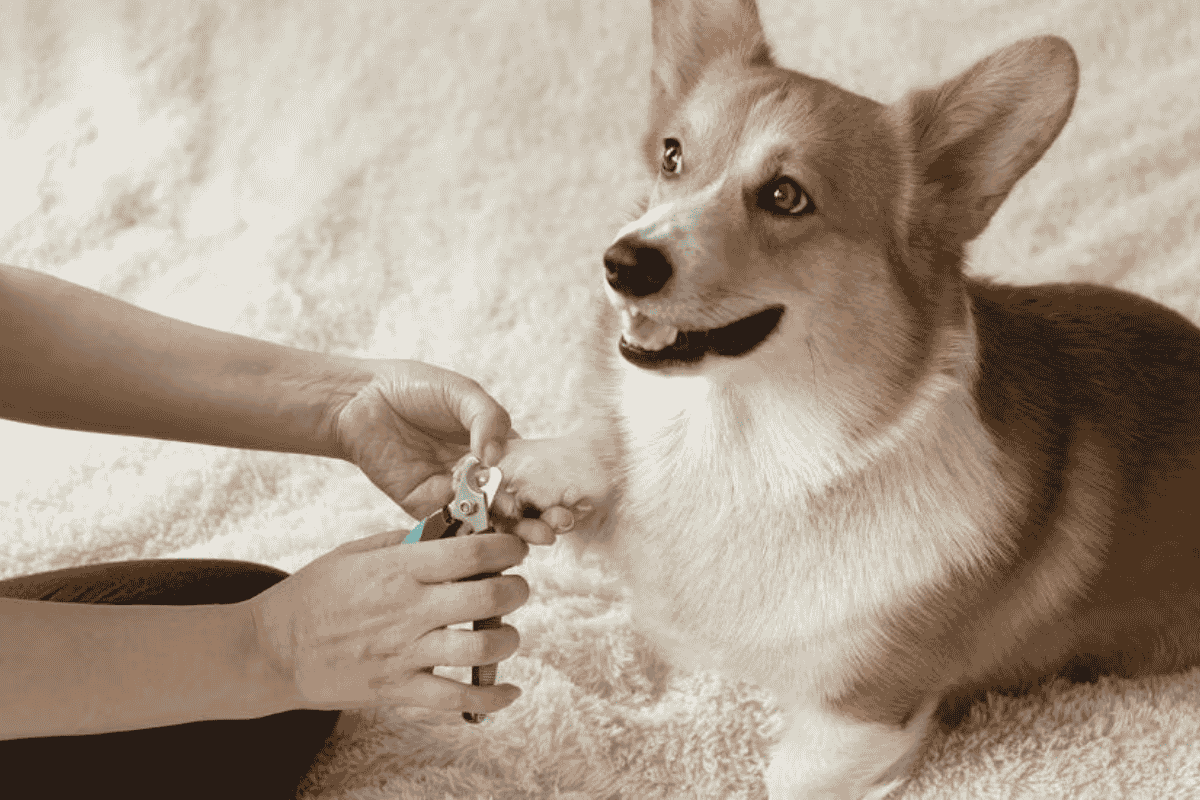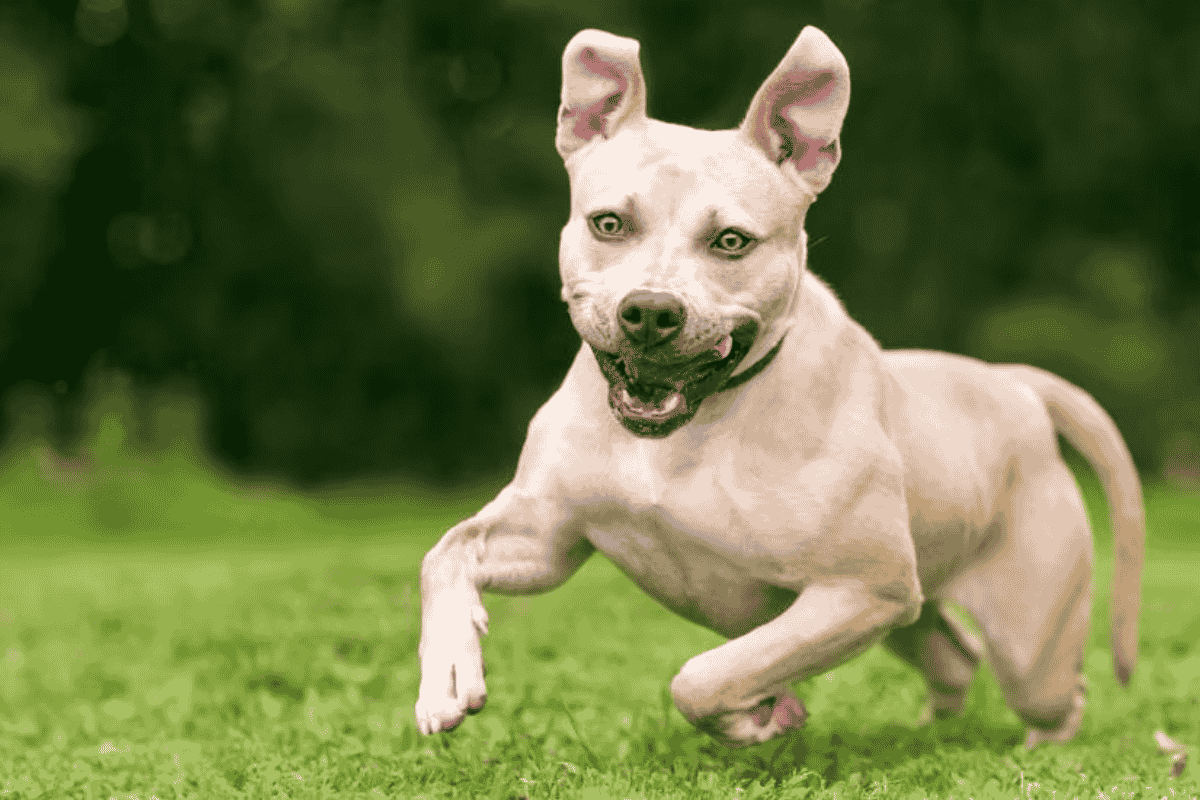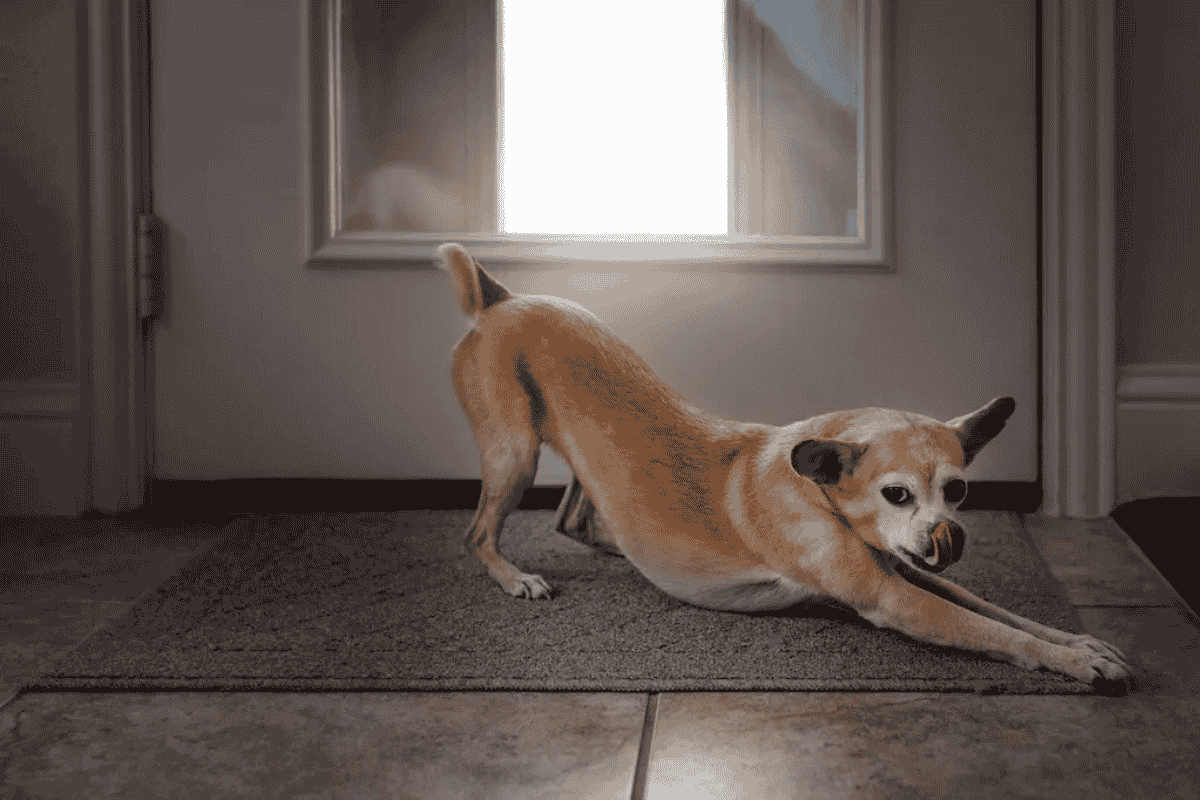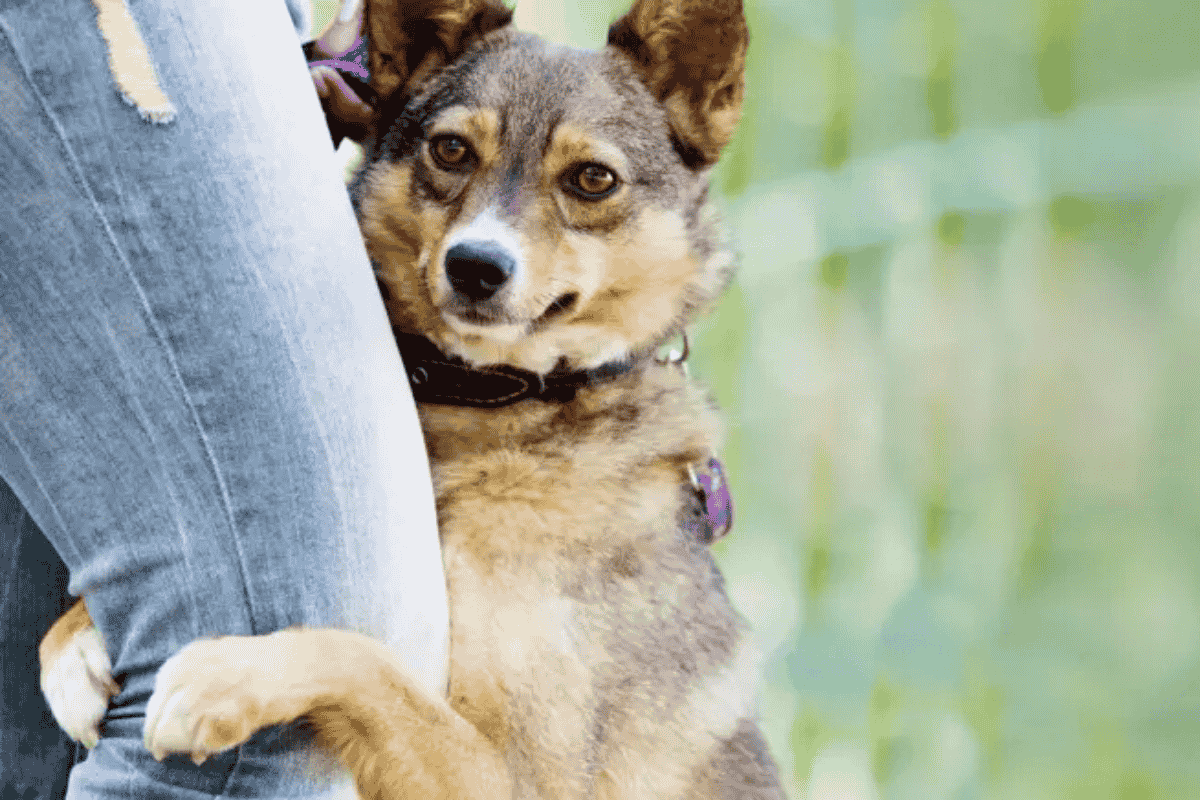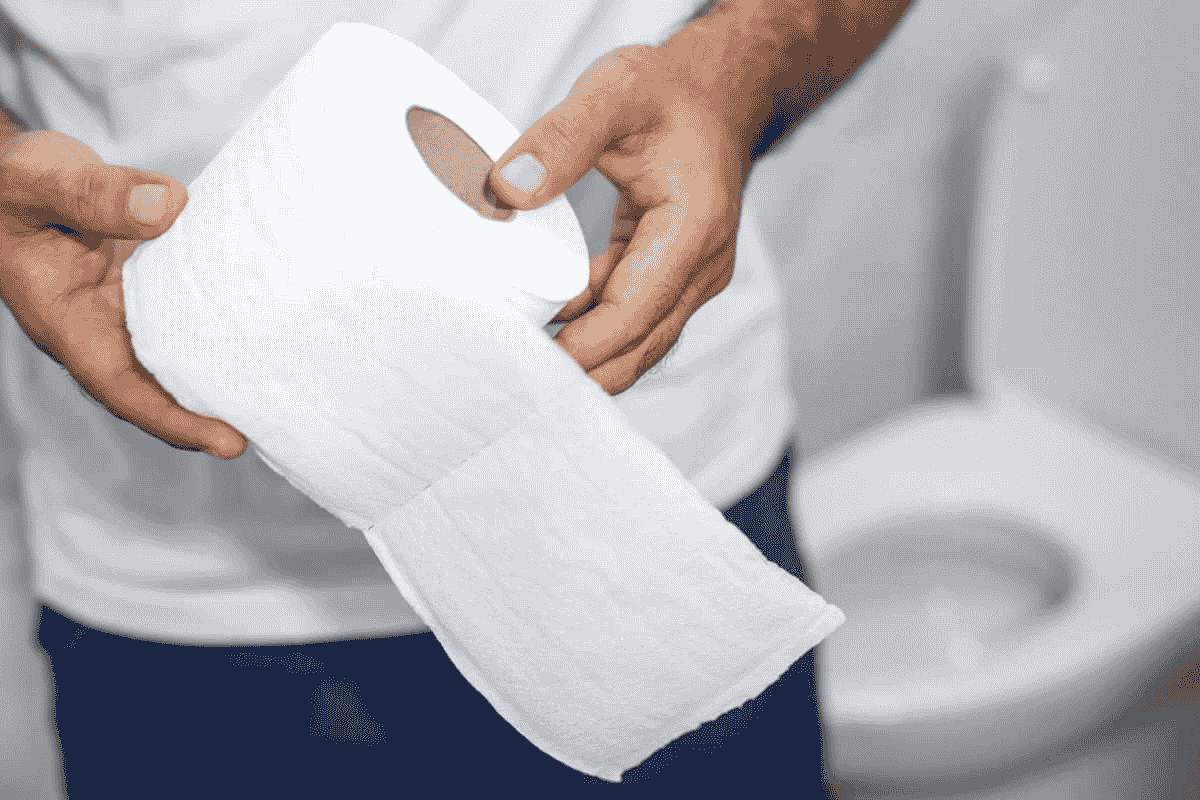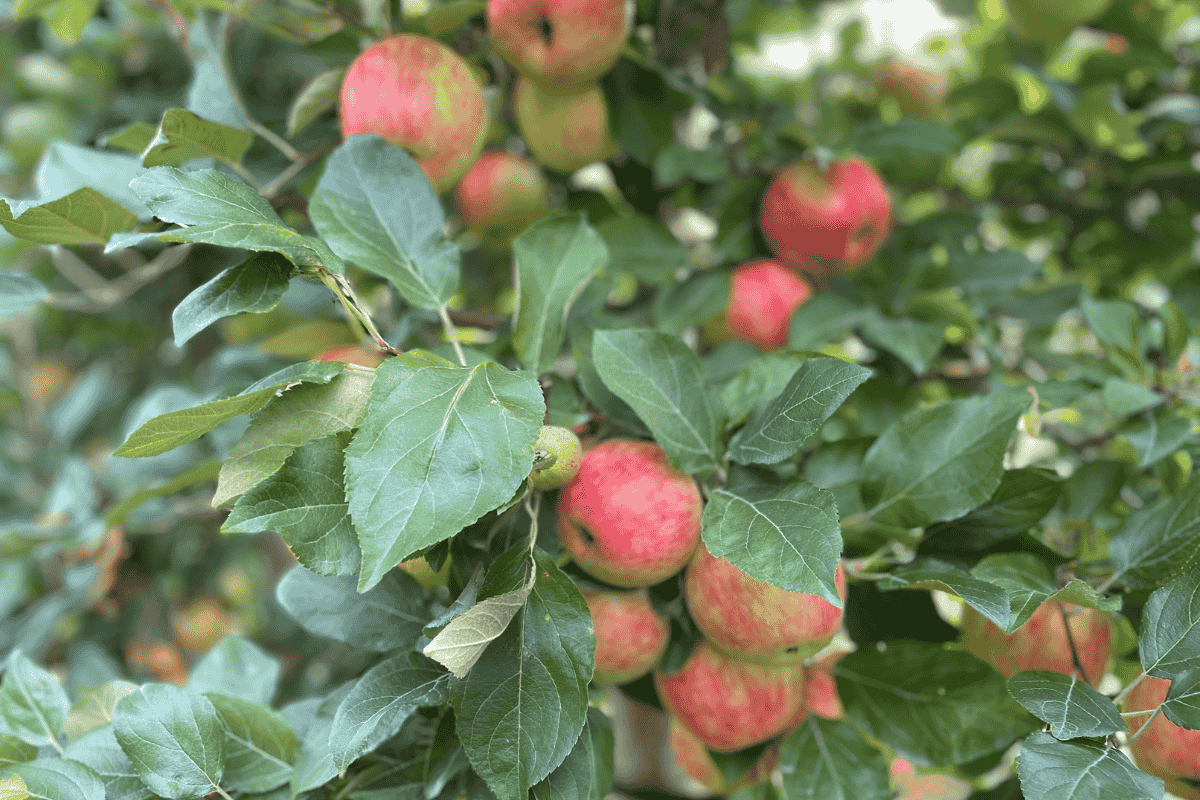It’s normal for dogs to lick their paws occasionally—to clean up after a walk, self-soothe, or explore their environment. But if your dog is chewing and licking their paws excessively (ignoring toys, food, or your voice), it could be a sign of an underlying problem. Left untreated, this behavior can cause infections or injuries.
Dr. Valentina Henao, veterinarian and medical director at Veterinary Emergency Group (VEG) in Miami, outlines the most common reasons dogs lick and chew their paws—and what pet parents can do about it.
1. Injuries or General Pain
Excessive licking may point to pain or injury. Signs like limping, avoiding stairs, or lower activity levels could indicate:
- Stings or embedded stingers
- Cuts or scrapes
- Ingrown or broken nails
- Dry, cracked paw pads
- Fractures
- Paw pad burns (hot pavement, ice-melting chemicals)
What to do: Examine your dog’s paws closely. Remove any visible stingers, and call your vet if you notice swelling, cuts, or signs of pain.
2. Fleas and Ticks
Parasites like fleas and ticks can cause intense itching, leading dogs to lick or bite their paws. Fleas may leave behind “flea dirt” (black specks), while ticks often burrow between toes or under legs.
What to do:
- Use a flea comb to check for fleas.
- Remove ticks with tweezers or a tick spoon, ensuring the entire tick (including mouthparts) comes out.
- Ask your veterinarian about the best flea and tick preventatives.
3. Allergies
Allergies are a frequent cause of paw licking. They can stem from:
- Food: Proteins like chicken, beef, pork, or eggs.
- Seasonal triggers: Grass, pollen, or mold.
- Environmental factors: Detergents or household cleaners.
- Fleas: Flea bites can cause allergic reactions.
What to do: Your vet may recommend allergy testing, special diets, medications, injections, medicated shampoos, or recovery cones to stop your pet from worsening infections.
4. Arthritis
Older dogs often develop arthritis, which can affect joints in the paws as well as hips and legs. This progressive disease causes pain, inflammation, and reduced mobility.
Treatment options include:
- Environmental changes: Rugs on slippery floors, blocking stairs, orthopedic beds.
- Diet & supplements: Ask your vet about glucosamine or special joint diets.
- Weight management: Helps reduce stress on joints.
- Exercise & physical therapy: Low-impact movement keeps joints active.
- Medications: Vets may recommend anti-inflammatories, Galliprant® (oral medication), or Librela™ (an FDA-approved injectable for osteoarthritis pain).
5. Behavioral Issues
Sometimes paw licking is linked to behavior rather than health conditions. Dogs may lick excessively due to:
- Habit
- Boredom
- Stress or anxiety
- Obsessive-compulsive disorder (OCD)
A veterinary behaviorist can help identify and treat these issues, sometimes with training or medication.
When to See a Veterinarian
While occasional licking is normal, contact your vet if you notice:
- Swelling, bleeding, or discharge from the paws
- Limping or avoiding weight-bearing
- Whimpering or pain when paws are touched
- Persistent chewing leading to raw or irritated skin
If left untreated, excessive paw licking can lead to pododermatitis, a painful bacterial infection that is difficult to treat. Early diagnosis and treatment are key to preventing complications.
